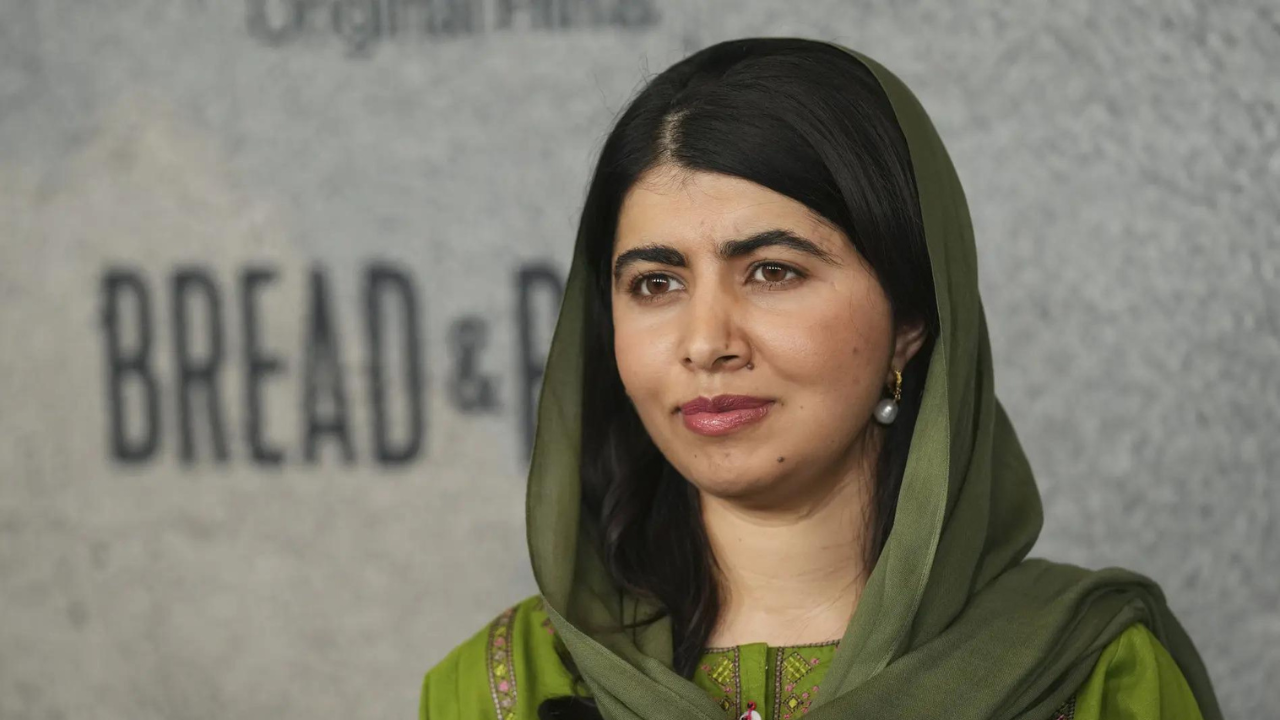ARTICLE AD BOX
Former Microsoft CEO Steve Ballmer, currently the sixth richest person globally, is set to receive a staggering $1 billion in annual dividend payments from the tech giant.
Mr Ballmer, the largest individual shareholder in Microsoft, owns approximately 4% of the company, equivalent to 333.2 million shares, reported CNN.
His significant stake has surged in value to around $130 billion, marking a $44 billion increase in wealth this year alone, driven by a remarkable 56% rise in Microsoft's stock price.
Steve Ballmer's passive income stands out as a substantial addition to his wealth.
Steve Ballmer, who joined as the 30th employee in 1980, amassed a substantial stake. He became Microsoft's CEO in 2000, stepping down in 2014.
Because of the stake ownership, Steve Ballmer is close to becoming the fourth richest person globally, just a few billion dollars shy of Larry Ellison and his former boss, Bill Gates.
In 2023, Microsoft paid $2.79 per share in dividends, resulting in an annual payment of around $930 million to Mr Ballmer based on his ownership.
For 2024, Microsoft raised its dividend by 10% to $3 per share, projecting a potential $999.6 million annual dividend for Mr Ballmer.
With Microsoft consistently increasing its dividend for 18 years, it is likely Mr Ballmer's annual payout will surpass $1 billion in 2024 and continue to grow.
However, Mr Ballmer is also likely to be subject to the 20% tax on dividends for individuals earning over $500,000 annually. This implies he might have to pay around $200 million in taxes on the dividends received from Microsoft.
Meanwhile, Bill Gates, since stepping down from Microsoft, has considerably diversified his wealth away from the company and towards cash and other public equities.
In 2014, Mr Gates held approximately 4% of Microsoft, owning a stake of 330 million shares. However, a series of divestitures over the years has resulted in Bill Gates now having just over 1% ownership in the software giant.
.png)
 1 year ago
5
1 year ago
5








 English (US)
English (US)